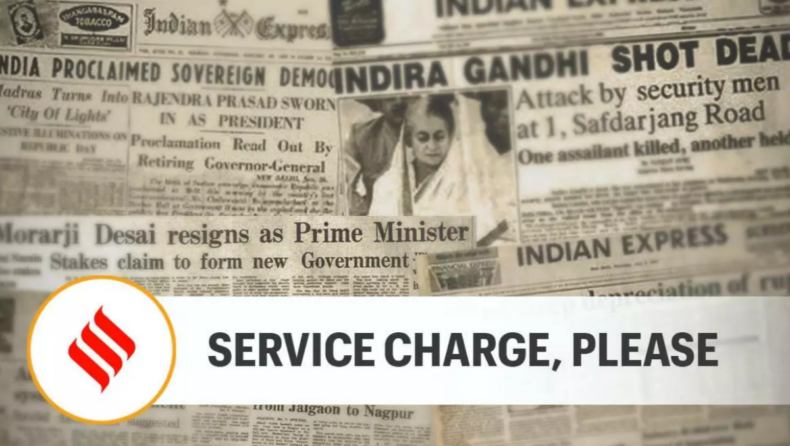The Central Consumer Protection Authority (CCPA`s) new unfair trade practices guidelines has produced rules to avoid infringement of consumers’ rights in relation to “service charges” in hotels and restaurants. The rules are not just advisory in nature, as stated by the CCPA, but are fully enforceable under the law.
The rules have been made public in accordance with section 18 of the Consumer Protection Act of 2019, which grants the CCPA`s new unfair trade practices guidelines to protect consumers’ interests.
what is service charge?
A service charge is a sum of money gathered to cover the costs of extra services obtained along with the purchase of a main good or service. As a fee for providing services to customers, it is collected by the hotel and food and beverage industries. However, neither the menu nor any other explicitly stated documentation mention the fee that is collected.
What are the guidelines’ main points?
- Without the customers’ permission, hotels and restaurants are not allowed to automatically include “service charge” in the food bill or in any other place or way.
- Hotels and restaurants must make it plain to customers that service charges are voluntary, elective, and at the customer’s discretion and cannot be forced upon them.
- There shall be no restriction on admission or provision of services based on the collection of a service charge.
- These regulations add to those issued by the Centre in 2017 prohibiting hotels and restaurants from charging patrons service fees.
What is the grievance redressal mechanism for citizens?
- The consumer may lodge a complaint on the National Consumer Helpline (NCH), which works as an alternate dispute redressal mechanism at the pre-litigation level by calling 1915 or through the NCH mobile app.
- The customer may also complaint to the Consumer Commission about unfair business practices, or they may do it online through the e-Daakhil portal.
- For the CCPA to look into the complaint and take appropriate action, the consumer can register a complaint with the district collector of the pertinent district.
Functions of CCPA-
- Preventing violations of consumers’ rights under this act by protecting, promoting, and enforcing such rights on behalf of all consumers.
- Make sure that no one engages in unfair trade practices and prevent them from happening.
- Make sure that no products or services that violate the terms of this Act or the rules or regulations created thereunder are falsely or intentionally advertised.
- Make sure nobody contributes to the publication of any misleading or incorrect advertisements.
The Consumer Protection Act of 2019 grants the CCPA the following powers:
- Inquire or investigate into violations of consumer rights or unfair trade practices, either Suo motu or on a complaint received or on the directions from the central government
- Submission of grievances to the district commission, state commission, or national commission
- Engage in any procedures before a district, state, or national commission involving claims of consumer rights violations or unfair business practices.
- Encourage the implementation of international agreements and the best available consumer protection standards to ensure that consumer rights are effectively enforced..
- Conduct and advance consumer rights-related research, as well as raise awareness of these issues.
- Promote and increase awareness of consumer rights, and support NGOs and other organisations working in the area.
- Impose punishment for any maker or endorser who runs a fraudulent or deceptive commercial. – up to Rs. 10 lakhs and for every subsequent contravention-may impose penalty up to Rs. 50 lakhs.
The new guidelines issued by CCPA is helps in reducing the expenses of middle classes by not to pay service charge and redressal system also plays a vital role to curb the problems related to it.













